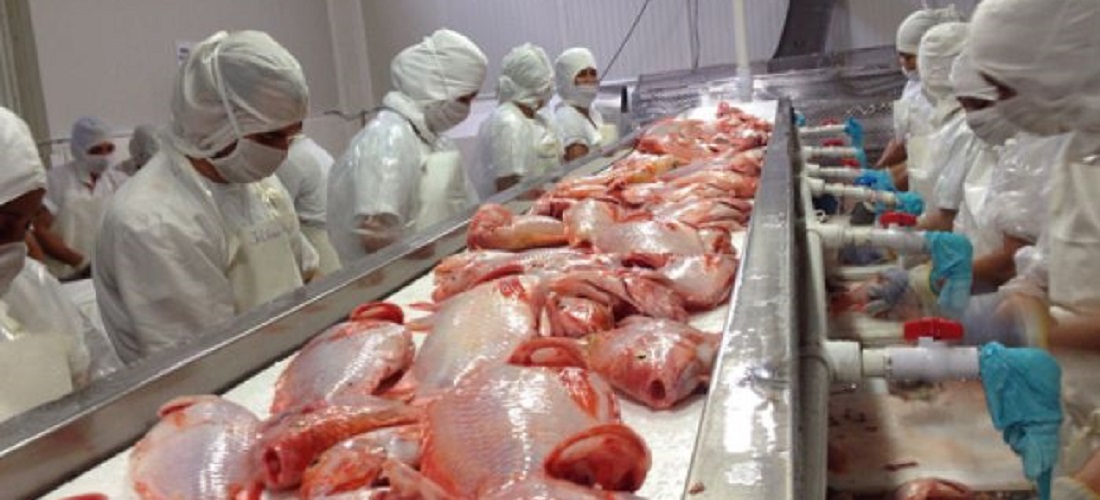
Changing tides: Brazilian fish export revenue jump despite volume decline
Feb, 21, 2024 Posted by Gabriel MalheirosWeek 202408
Brazilian fish exports reached US$ 24.7 million in 2023, a 4% year-on-year increase in value. However, exporters saw a 20% decrease in volume, from 8,487 tonnes in 2022 to 6,815 tonnes last year, according to data compiled by the agriculture research corporation Embrapa in partnership with the Brazilian Aquaculture Association (Peixe BR).
According to information from Peixe BR, the increase in revenue stems from changes in the arrangement of shipments: an increase in shipments of fresh fillets and a decrease in sales of frozen whole fish. In 2022, the average price per kilogram was US$ 3.49. Last year, it reached US$ 4.23, representing a 21.2% increase.
The main product exported was tilapia and its derivatives worth US$ 23.3 million, a 1% increase in value. Tambaqui was another significant example of fish exports, with sales totaling $798 thousand, an increase of 809% over 2022. Brazil’s main export destinations were the United States (88%), China (3%), and Japan (2%).
For Peixe BR’s president, Francisco Medeiros, the increase in export revenue is the effect of the sector’s increasing professionalization. “Brazil produces high-value-added fish, providing full traceability and sustainable production seals. The growth in external sales comes from companies’ professionalization and production scale, as the international market is very picky about quality,” Medeiros said in a written statement.
Brazil halts tilapia imports from Vietnam
Earlier this month, Brazil made a significant decision in the agriculture and livestock sector by suspending tilapia imports from Vietnam. The Minister of Agriculture and Livestock (Mapa), Carlos Fávaro, announced the measure during his participation in the 36th edition of the Coopavel Rural Show, held in Paraná state.
The measure comes in response to growing concerns from the Brazilian productive sector regarding sanitary risks associated with the TiLV virus, as well as economic issues related to dumping practices.
Recently, PeixeBR asked the Ministry to investigate a batch of 25 tons of Vietnamese tilapia that arrived in Brazil in December 2023. The fish farming chain in the country has expressed mounting concerns about potential risks to public health and the national economy. The import suspension aims to protect both consumers and local producers.
The chart below shows fish imports (hs 0300 – 0305) – tilapia included – from Vietnam to Brazil between Jan 2019 and Dec 2023. The data is from DataLiner.
Fish Imports from Vietnam | Jan 2019 – Dec 2023 | TEUs
Source: DataLiner (click here to request a demo)
In addition to commercial concerns, many are worried about the quality and healthiness of Vietnamese fish. “No one knows tilapia production standards there. Whether it complies with environmental and/or sanitary precepts correctly. Another issue is quality. We have a huge concern with quality, with flavor, which are points that this chain took years to perfect,” commented Edmilson Zabott, the president of the Fish Farming Commission of FAEP and president of the Rural Union of Palotina.
-
DW 2019 EN
Apr, 08, 2019
0
DatamarWeek 09 April 2019
-
Other Logistics
Jul, 14, 2022
0
Gov’t plans to sign MRS railroad renewal on July 29
-
Jun, 23, 2023
0
The shipping rivals plotting divergent courses on global trade
-
Ports and Terminals
Mar, 22, 2020
0
Brazil`s infrastructure minister rules out closing logistics channels due to coronavirus


